I left quietly,
As I come gently;
I waved gently,
Farewell to the clouds in the western sky.
The golden willows by the river,
Is the bride in the sunset;
The beautiful shadows in the waves,
Flowing in my heart.
Green banana on the soft mud,
Slickly swaggering under the water;
In the soft waves of the Cam River,
I am willing to be a waterweed!
That pool under the elm shade,
It’s not a clear spring, it’s a rainbow in the sky;
Crushed among the floating algae,
Precipitating rainbow-like dreams.
Looking for a dream? Hold a long pole,
Walking back to where the grass is greener;
A ship full of stars,
Singing in the starry sky.
But I can't sing,
Quietness is the shengxiao of parting;
The summer insects are also silent for me,
Silence is Cambridge tonight!
I left quietly,
Just as I came quietly;
I waved my sleeves,
Don't take away a single cloud.
This poem was written by author Xu Zhimo on November 6, 1928. It was first published in the "Crescent" monthly magazine, Volume 1, No. 10, on December 10, 1928, signed by Xu Zhimo. Cambridge is the seatof the famous University of Cambridge in England. From October 1920 to August 1922, the poet studied here. The Kangqiao period was a turning point in Xu Zhimo's life. The poet once stated in "The Preface to the Collection of Tigers": Before the age of 24, his interest in poetry was far less than his interest in the theory of relativity or the theory of folk conventions. It was the water of the Cam River that opened the poet's mind and awakened the poet's destiny that had been dormant in his heart for a long time. Therefore, he later said with great affection: "Kang Qiao taught me to open my eyes, my desire for knowledge was stimulated by Kang Qiao, and my self-awareness was given to me by Kang Qiao as an embryo."
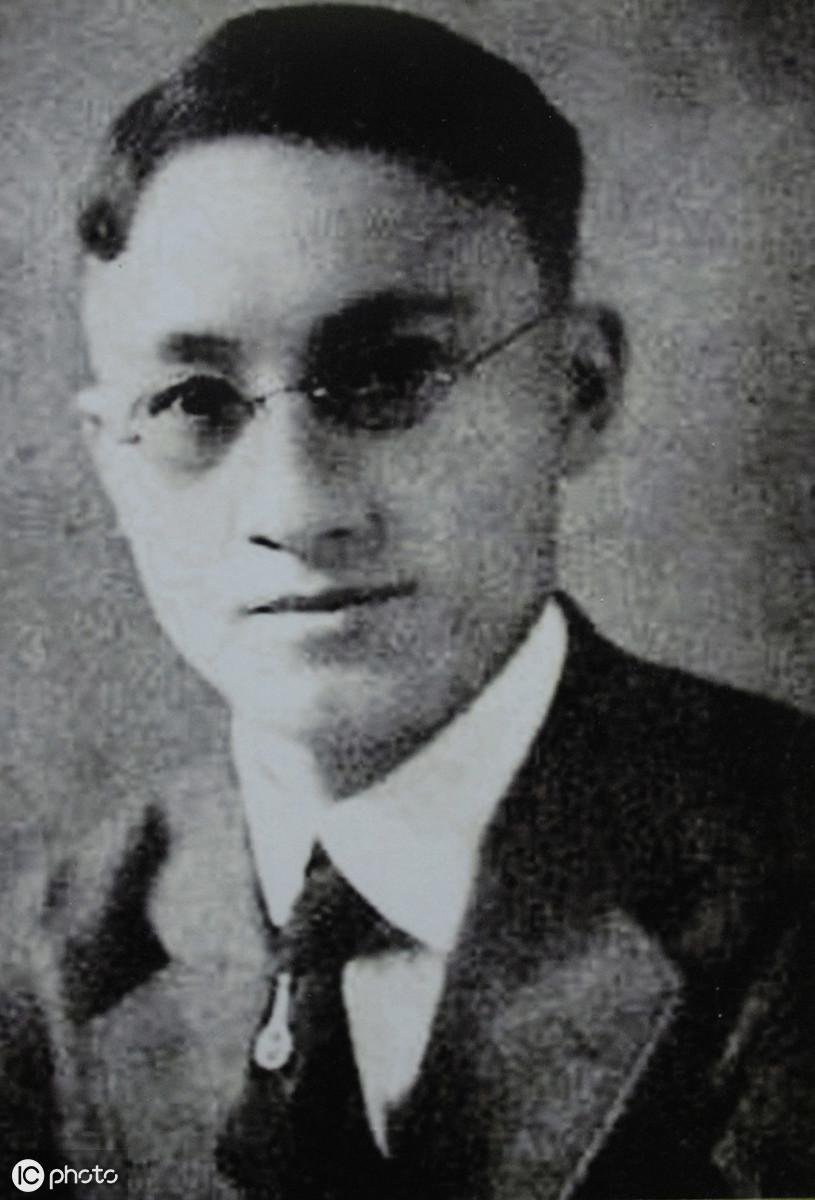
In 1928, the poet revisited his hometown. On November 6, while on his way home in the South China Sea, he composed this masterpiece. This poem was first published in the "Crescent" monthly magazine, Volume 1, No. 10, on December 10, 1928, and was later included in "Tiger Collection". It can be said that the "Cambridge plot" runs through Xu Zhimo's poems throughout his life, and "Farewell to Cambridge" is undoubtedly the most famous one.

This poem was written by Xu Zhimo on his way back from his third trip to Europe. The time was November 6, 1928, and the location was Shanghai, China. One summer day at the end of July, after he stayed one night at the home of the British philosopher Russell, without informing anyone in advance, he quietly came to Cambridge to find his British friend. Unfortunately, none of his British friends were there. Only Cambridge, which he was familiar with, was waiting for him silently. Scenes of his past life unfolded before his eyes again... Since he was in a hurry at the time, he was in a hurry to meet him. Another British friend did not record this emotional activity. It was not until he was on his way home from Marseille by boat that he faced the turbulent sea and the vast sky before he took out a piece of paper and wrote down his personal feelings about returning to Cambridge.

The whole poem "Farewell to Cambridge" has seven stanzas, each stanza has four lines, and each line has two or three stanzas. It is informal but rigorous. The rhyme scheme strictly adheres to the second and fourth rhymes, and is cadenced and catchy. This beautiful rhythm ripples like ripples. It is not only the musical note for devout students to pursue their dreams, but also fits the ebb and flow of the poet's emotions, giving it a unique aesthetic pleasure. The seven stanzas of the poem are arranged in an orderly manner, and the rhythm spreads out slowly, quite like a poet with a "white face in a long robe, thin on a cold island in the suburbs". It can be said that it reflects Xu Zhimo’s poetic beauty.

"Farewell Cambridge" is a lyrical poem describing a scene. It expresses three emotions: nostalgia, farewell and sentimentality after the ideal is disillusioned.

"Gently I leave, just as I came gently, I wave gently to bid farewell to the clouds in the western sky." This poem can be summarized in a few words: soothing rhythm, light movements, lingering affection, and at the same time And with a touch of sadness. The last "Clouds in the Western Sky" adds a brilliant touch of color to the subsequent description. The entire scenery is illuminated by the setting sun.
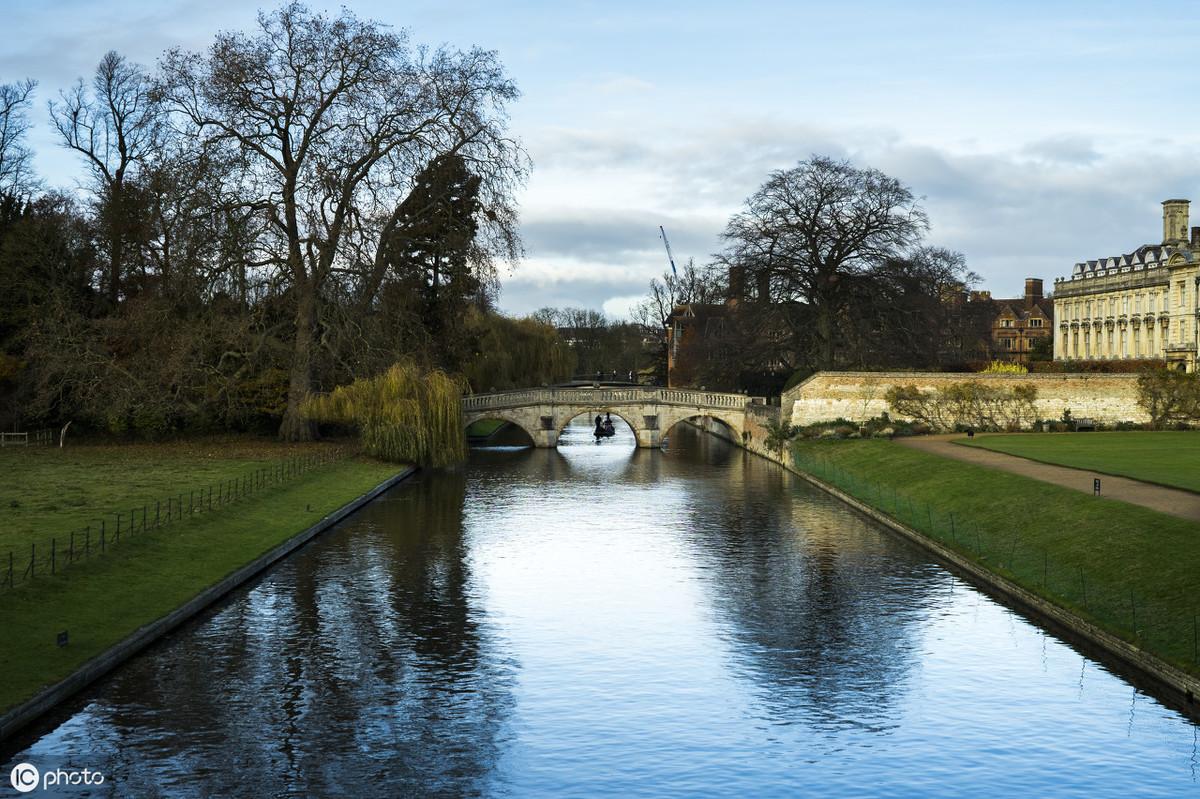
The past has become history, and returning to reality is still sad, so "Quietness is the farewell Shengxiao, the summer insects are silent for me, and silence is tonight's Cambridge." This sixth stanza of the poem is the climax of emotion, which fully expresses Xu Zhimo's feelings for Kang Qiao concentrated on the melancholy of parting. This poem needs to be understood in conjunction with other poems, including ancient poems. "Quietness is the shengxiao of parting" is a metaphor.

For example, verse 7: "Quietly I left, just as quietly as I came, waving my sleeves, not taking away a single cloud." "Cloud" has symbolic meaning, representing a rainbow-like dream, which is reflected in the water, but It is not taken away, so saying goodbye to Cambridge is not saying goodbye to his alma mater, but saying goodbye to the Cambridge culture that brought the greatest change to his life. It is saying goodbye to the ideals of Cambridge.

The poem "Farewell Cambridge" fully embodies the "three beauties" of the Crescent Poetry School, namely the beauty of painting, the beauty of architecture, and the beauty of music. Show visual beauty, music is auditory, and painting is visual. Only when visual beauty and auditory beauty are integrated can you feel good when reading. When it comes to the beauty of painting, it is also the beauty of words. Images such as "golden willow", "soft wave", "star glow", "soft mud" and "green water chestnut" are colorful, dynamic and soft.

This poem shows the poet's high artistic skills. The poet combines specific scenery and imagination to form a vivid and vivid artistic image of the poem, and skillfully integrates the atmosphere, emotions and scenes into the artistic conception, so that there is emotion in the scenery and scenery in the emotion. The structure of the poem is rigorous, neat and well-proportioned. The poet seems to intentionally combine the forms of metrical poetry and free verse to make it a new form of poetry, rich in national and modern architectural beauty. The language of the poem is fresh and beautiful, the rhythm is gentle and euphemistic, harmonious and natural, and with the ups and downs of emotions, it is like a sweet and slow rhyme, light and graceful, touching the heartstrings of readers.
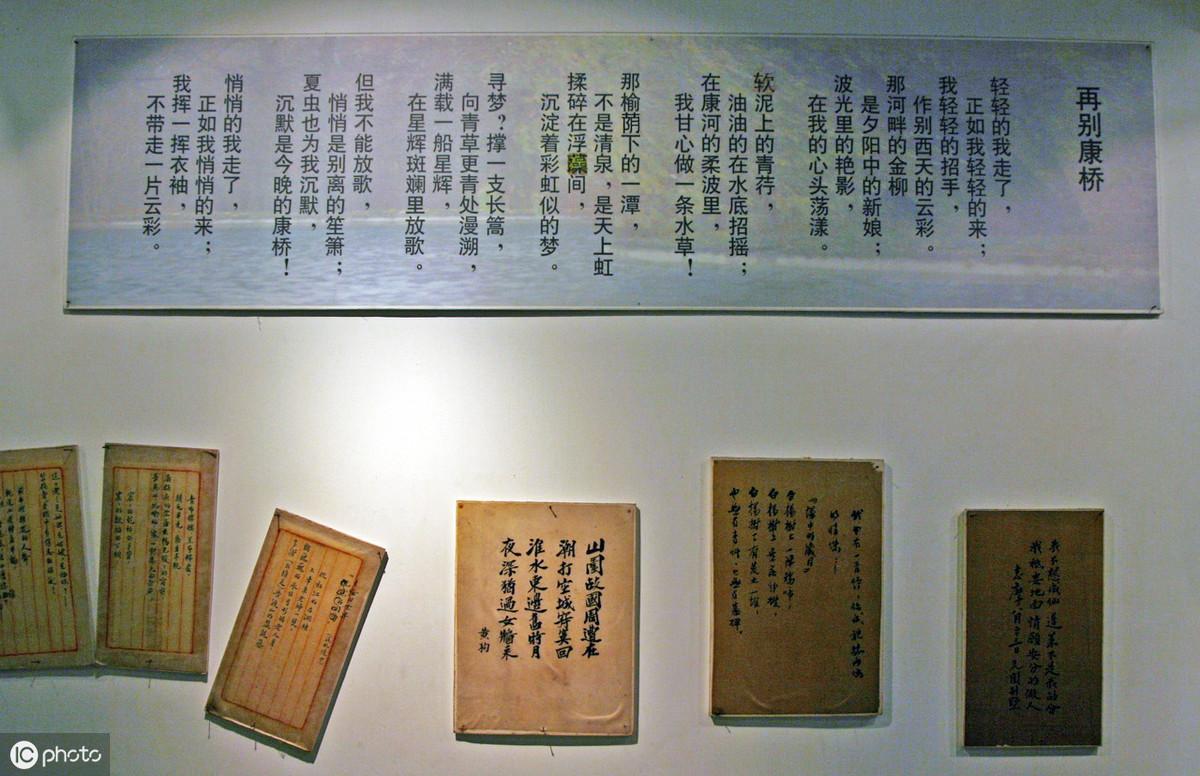
The poet Wen Yiduo advocated the "beauty of music", "the beauty of painting" and "the beauty of architecture" in modern poetry in the 1920s. The poem "Farewell Cambridge Again" can be said to possess the "three beauties" and can be called Xu Zhimo A swan song in poetry.
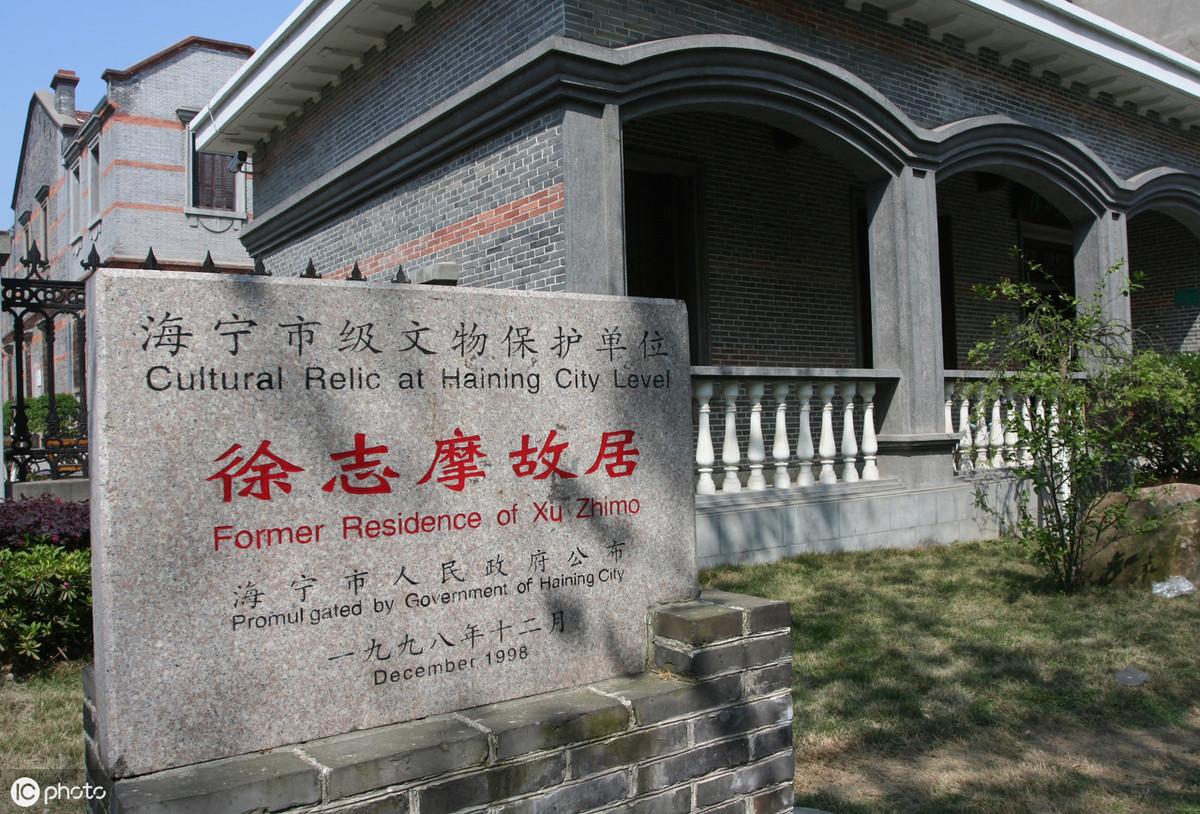

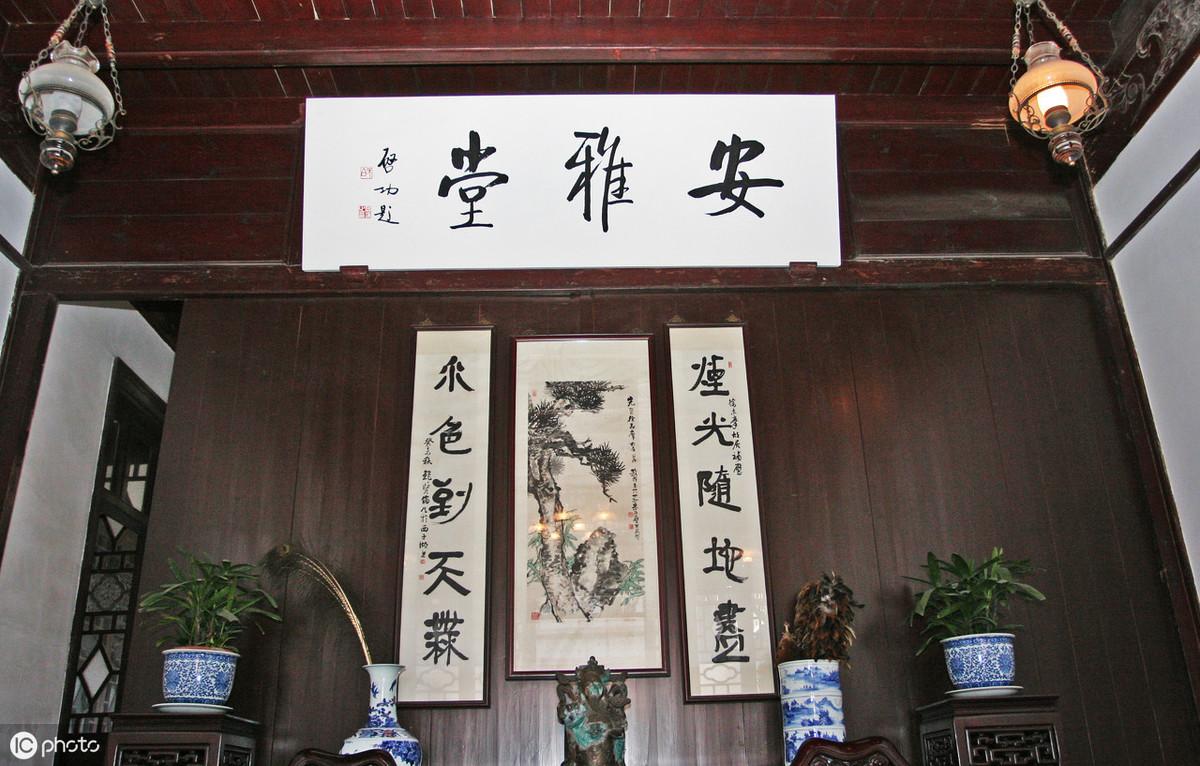
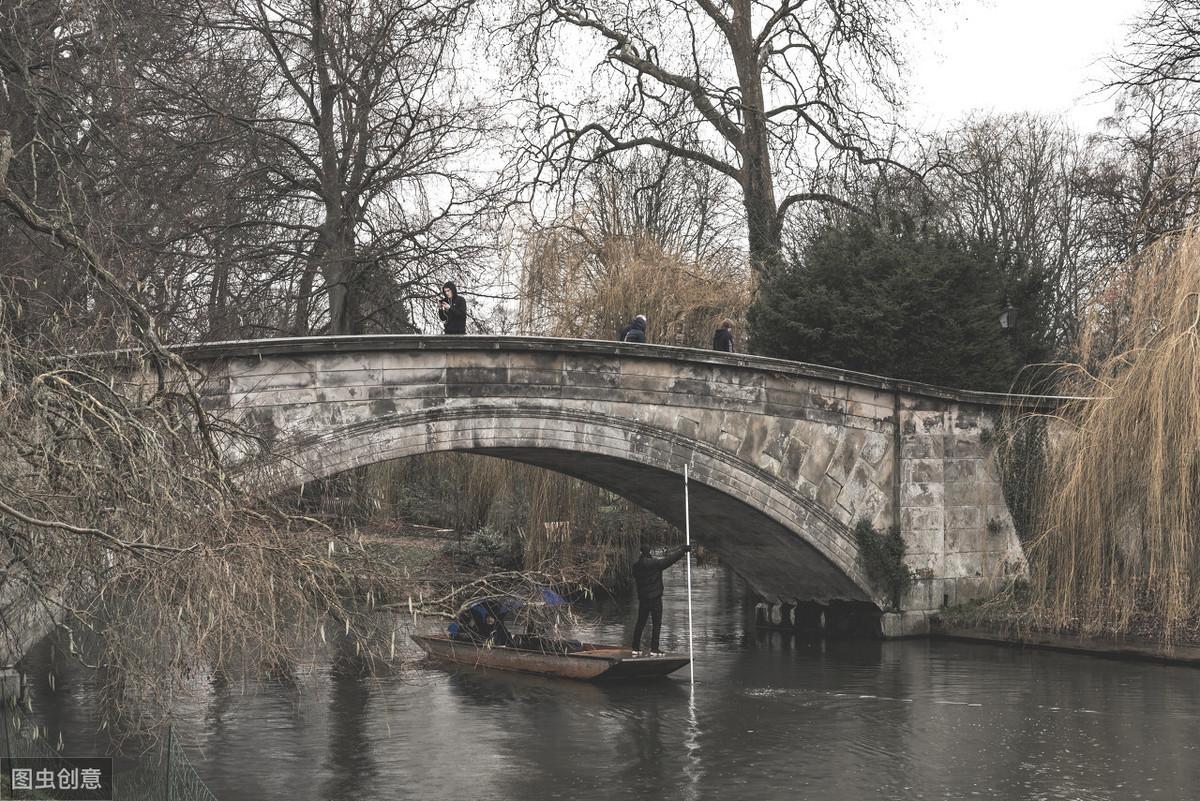
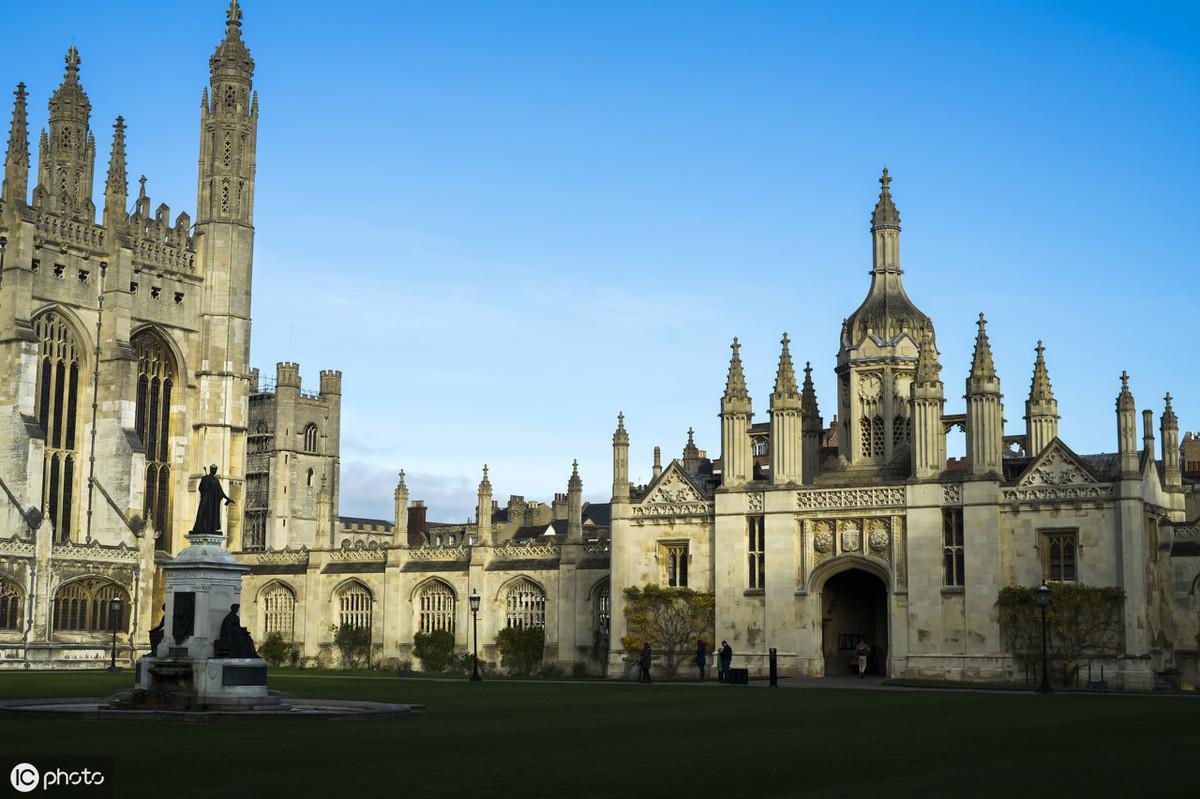
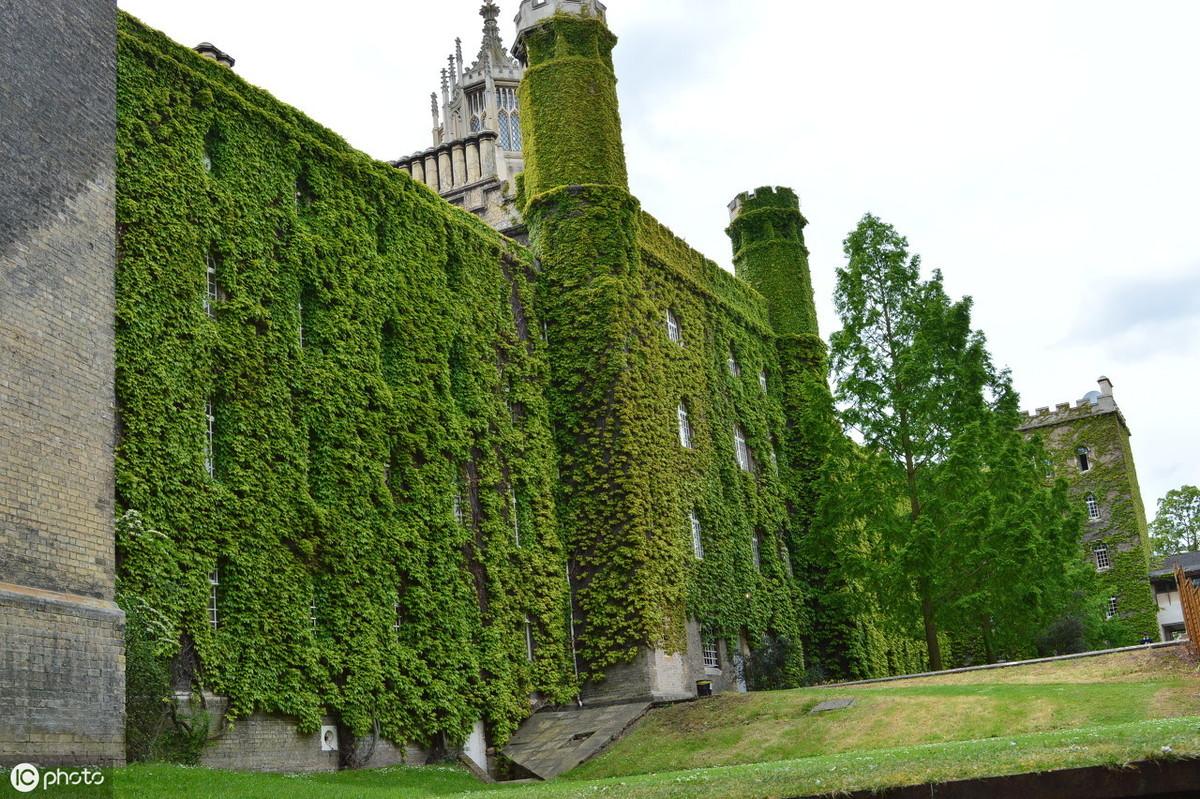


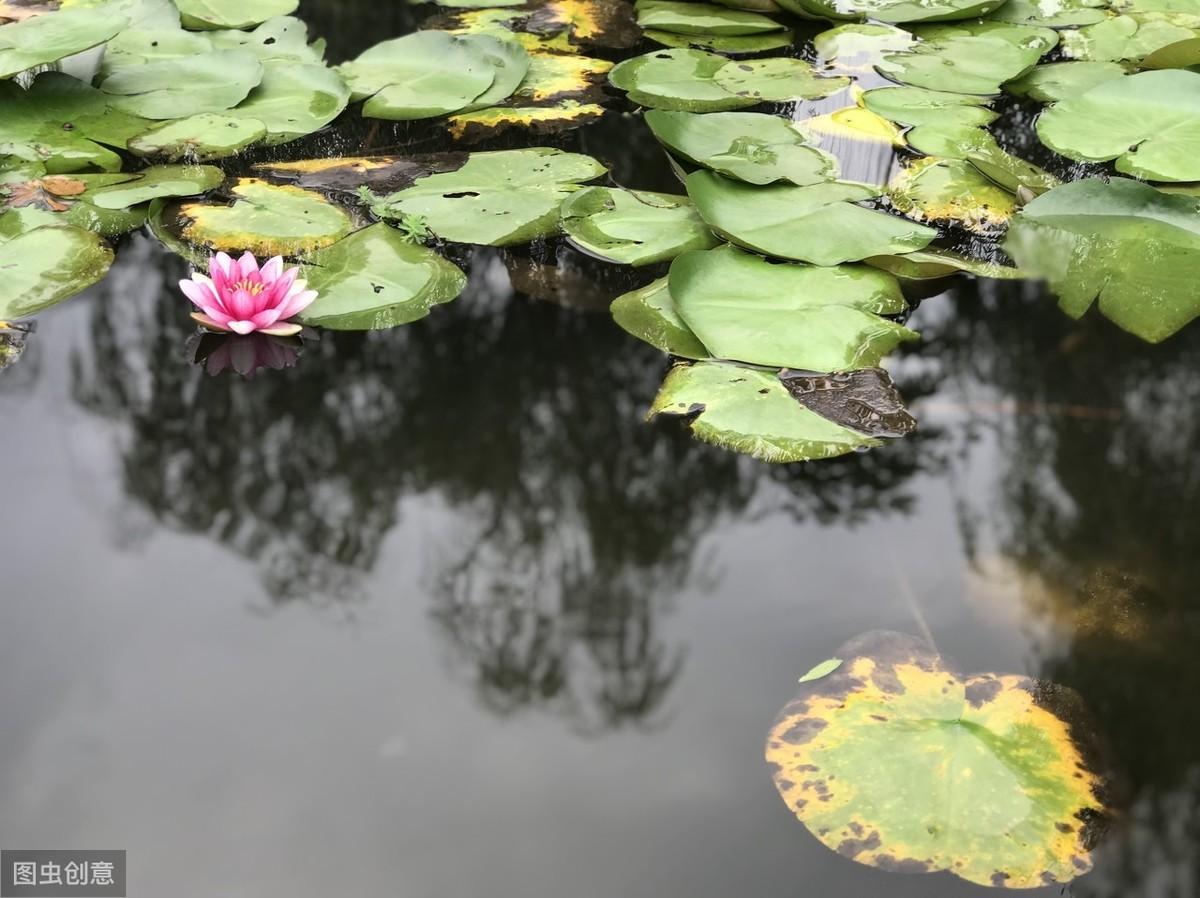
(picture from the Internet)
Articles are uploaded by users and are for non-commercial browsing only. Posted by: Lomu, please indicate the source: https://www.daogebangong.com/en/articles/detail/shang-xi-xu-zhi-mo-shi-zuo-zai-bie-kang-qiao.html

 支付宝扫一扫
支付宝扫一扫 
评论列表(196条)
测试